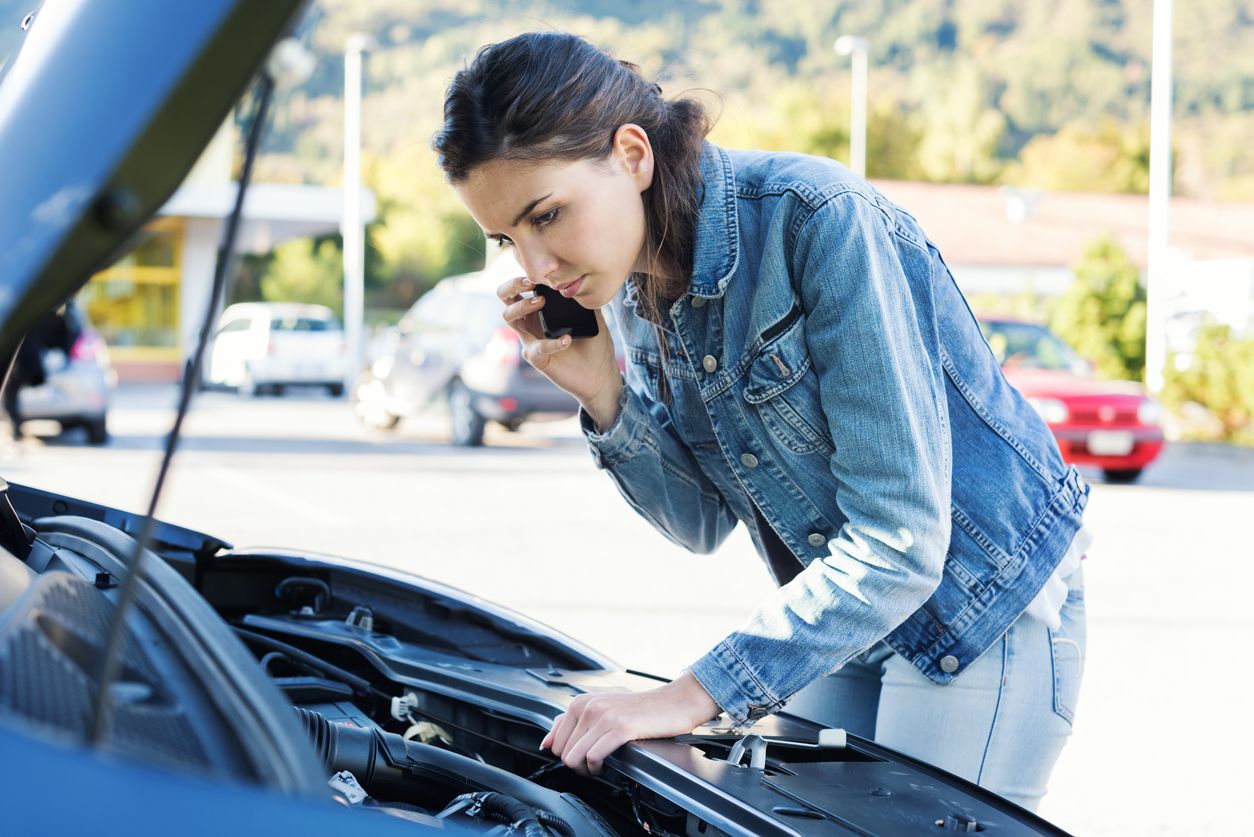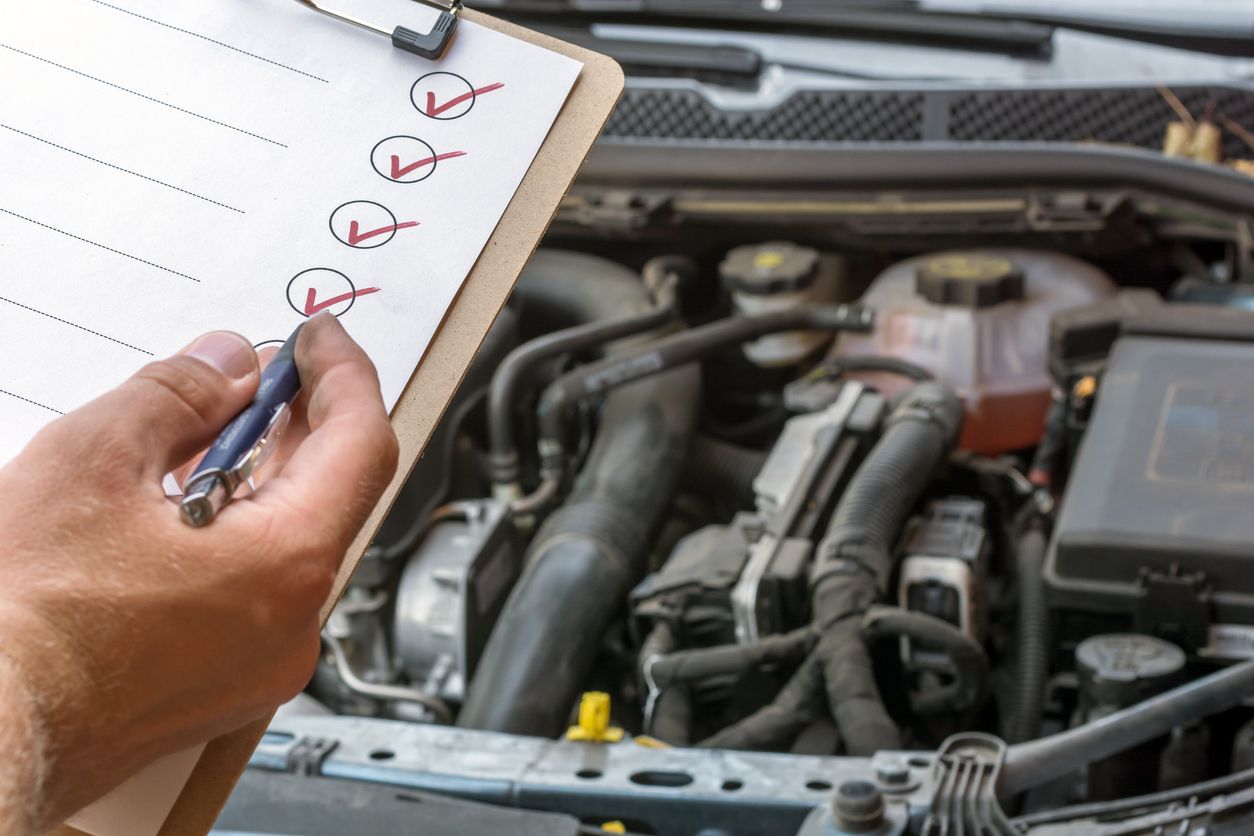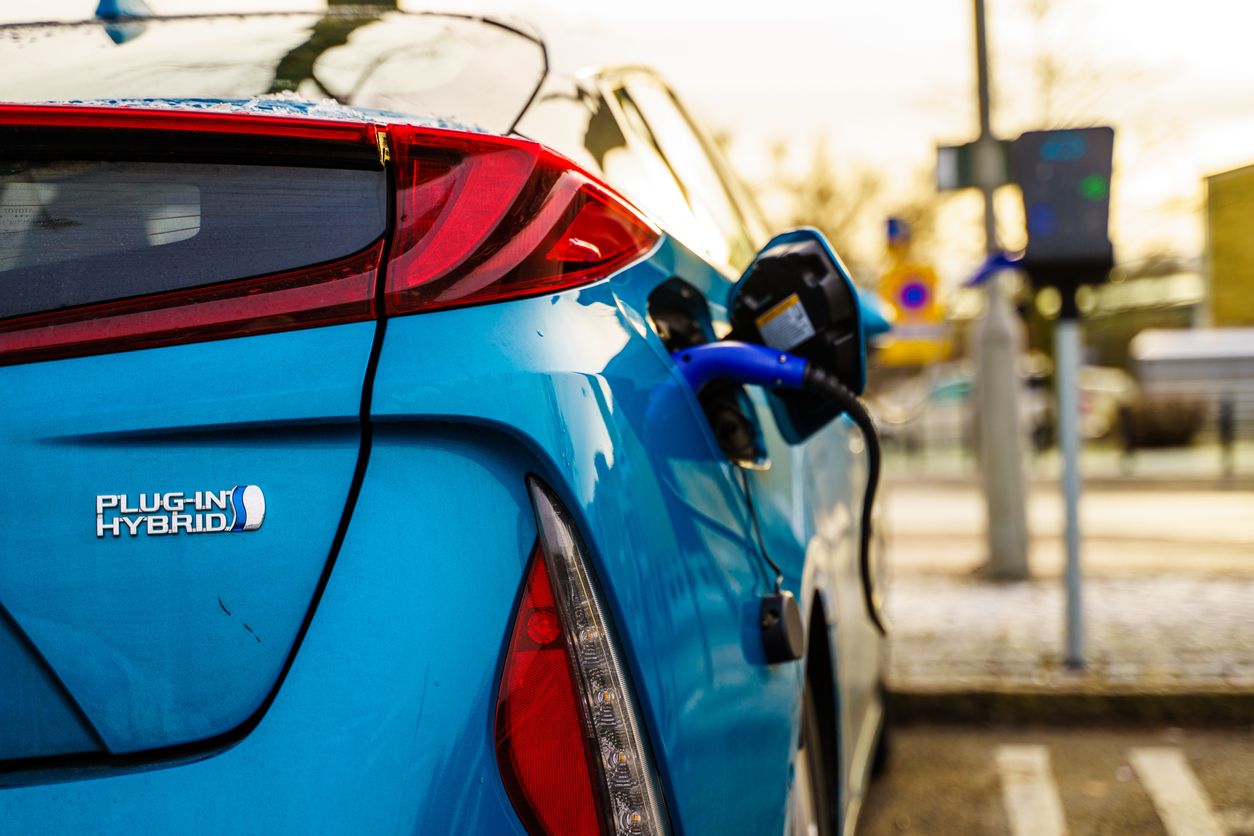It's a question every car owner eventually faces: "should I fix my car or buy a new one?" Sooner or later, your vehicle will likely require major repairs, whether that's due to age, an extensive collision, failing parts, or general wear and tear. However, deciding to repair or sell your car requires a close look at the pros and cons.
Keep reading to make an informed decision about when to get rid of a car versus repair it.
Benefits of Repairing Your Car
Dealing with a car that needs major repairs can be a huge headache. It may even be tempting to solve all of your problems by buying a new car entirely. But don’t hand over the keys just yet.
In some cases, bearing the cost of repairs instead of the upfront costs of a new vehicle may be the smarter financial decision. Let’s break down why repairs might be the better decision for you:
- Repairs may be cheaper than a replacement vehicle. Even if you’re dealing with expensive fixes, such as rebuilt transmissions or engine repairs, these high-ticket items might not cost as much as an entirely new car. A transmission replacement, for example, could cost you between $3,500 to $5,000. While this is certainly an expensive repair, it's far less than the price of a brand new car.
- Repairing your car means you only pay one bill, whereas buying a new one could come with associated costs. Consider monthly car payments, higher insurance premiums, and registration fees.
- Researching and purchasing a new vehicle is time-consuming. Even if your car needs major repairs, it likely won’t be out of commission for more than a few days. Similarly, repairing your car means you don’t have to spend any time advertising or selling it.
- Your old car may hold sentimental value. If you’re like us, you take pride in the vehicle you own. Sometimes the sentimental value of a car you’ve driven for years is enough to make it worth repairing.
Still, deciding whether to fix your car or sell it? Keep reading to find out why replacing your vehicle may be the right decision. And if you do choose to make the repairs, check out these tips for fixing your car for less.
Benefits of Replacing Your Car
Is it worth fixing an old car, or should you replace it altogether? While repairing your car is more often the better financial decision, there are also valid reasons for considering a replacement.
- Newer cars are often more reliable. Buying a new car means you won’t have to worry about every little noise your car makes, let alone bringing it into the repair shop as often. The peace of mind a new car offers might be worth the cost alone.
- You may be able to replace your vehicle with a newer model. Maybe your current car is a gas guzzler. Or perhaps, it lacks certain features available on more recent models. Whatever the case, the profit you gain from selling your old car can go towards a down payment on a more efficient option.
- New car perks may be available. Purchasing a new vehicle often comes with incentives like warranties and free maintenance. Not only do these perks add to your peace of mind, but they could also help you save money should something go wrong unexpectedly.
- A new vehicle may be safer than your old one. Newer cars often come with the latest accessories and the latest safety technology. Advanced safety features like automatic emergency braking and blind-spot detection can help keep you safer on the road.
When is a Car Not Worth Repairing?
If you’ve wondered, “when should I get rid of my car?” the time for something new may be fast approaching. At a certain point, it just doesn’t make sense to keep repairing an aging vehicle.
Here’s how to know when you should change your old car for a new one:
The Cost of Repairs Becomes Too Much
When the cost of repairs outweighs the sales value of your vehicle, it might not be worth maintaining. Car transmission problems, engine repairs, suspension replacement — these kinds of extensive repairs may cost more than they’re worth when compounded. According to Consumer Reports, if the cost of vehicle repairs exceeds 50% of its current value or more than one year’s worth of monthly payments, it may be time for a replacement.
The Car Compromises Your Safety
Fix your car or sell it? If your vehicle is no longer safe to drive, it's an obvious choice. A car that constantly breaks down on the road puts you, your passengers, and other drivers at risk. Sometimes knowing that your vehicle won't suddenly leave you stranded is enough to restore peace of mind.
Frequent Repairs Are Disrupting Your Daily Life
If you've ever had to deal with a broken-down car on the way to work, you know how frustrating it can be. A car that's in constant need of repairs not only drains your wallet, but also disrupts your life. A new car may be worth it if it means getting the kids to school on time, getting to work on time, and being able to run your daily errands without issue.
You Were Already Planning to Upgrade
If you were planning to make a new car purchase in the coming weeks or months, it might not be worth spending the extra time and money on repairs. Just be sure to disclose to any potential buyers what kinds of repairs are needed, and consider taking the estimated cost of repairs off the selling price.
The Bottom Line: Repair vs. Replace
Choosing to fix your car or sell it is a big decision. While deciding to make the necessary repairs on your car will usually save you more money in the long run, it comes with the uncertainty of more repairs down the road.
Alternatively, buying a new car can provide peace of mind regarding the safety and reliability of your ride — but it comes at a much steeper cost in the form of loans, fees, and car payments. In the end, what makes the most sense for you and your lifestyle?
Keep Up with Car Repairs at Firestone
Need help making your final decision? Our technicians are happy to help assess the condition of your vehicle with a complete vehicle inspection. Schedule an appointment at your nearest Firestone Complete Auto Care service center today!



